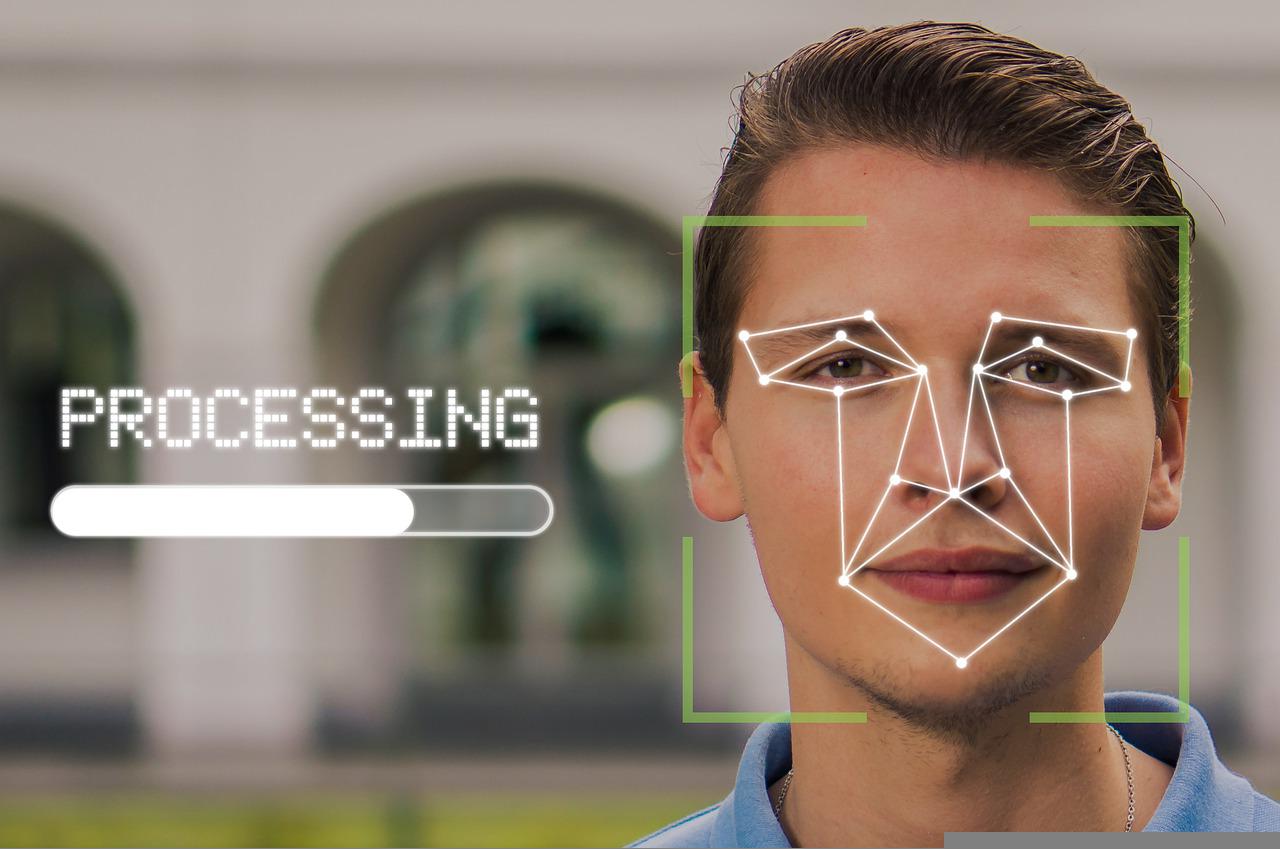
The introduction of facial recognition technology (FRT) is being considered by Justice Minister Helen McEntee to aide Gardaí in conducting rapid automated searches for suspects in criminal investigations.
Garda Síochána (Recording Devices) Bill
The minister is to seek Cabinet approval to include the proposed measures around FRT at committee stage amendments to the forthcoming Garda Síochána (Recording Devices) Bill, which is expected to be enacted before the end of the year.
Reports indicate that Minister McEntee will tell the Garda Representative Association (GRA) annual conference of instances where concerns surrounding public safety, tackling crime, and national security trump the absolute right to privacy.
While the GRA has cautiously welcomed the announcement, saying that anything which can protect its members or enable a more efficient way to tackle crime would be helpful, it wants to see the exact details of the proposal.
Facial recognition technology, which is currently utilised by international agencies such as Europol and Interpol, enables the police to carry out automated searches of CCTV or video footage in relation to suspects in criminal investigations.
At present, Gardaí are required to sift manually through hundreds of hours of CCTV footage in such investigations. In defending the decision, Minister McEntee stated that it would be hugely helpful to the Gardaí in identifying an offender or proving a person’s innocence, particularly when it comes to cases involving child abuse/exploitation.
Extreme Risk
Protesting the details of the announcement, the Irish Council for Civil Liberties (ICCL) said it is “strongly opposed” to the use of FRT by law enforcement or in public spaces due to the “extreme risk” that it poses to people’s rights. It pointed to evidence of such technology being used to identify and target people who are “minorities and not white”, noting that there has been instances of wrongful arrest in the United States when such technology has been utilised.
The ICCL expressed further worry around giving the Gardaí enhanced powers in terms of FRT, given their “poor record on data protection”. In addition, the ICCL noted a failure to demonstrate that using FRT is either necessary or proportionate, a legal requirement under human right’s law.
*In contentious business, a solicitor may not calculate fees or other charges as a percentage or proportion of any award or settlement.*





